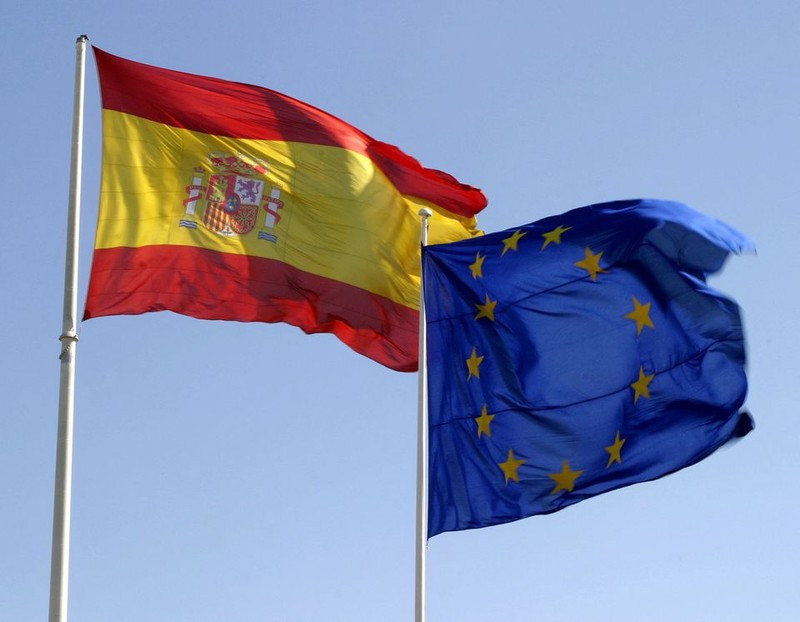Before taking the position from Sweden, Spain announced the priorities of its presidency of the EU Council. Emphasising that re-industrialisation and ensuring the bloc's strategic autonomy are top priorities, Spanish Prime Minister Pedro Sanchez affirmed the need to bring the EU out of its excessive dependence on outside countries, especially in important fields such as energy, health, technology, and food.
According to Sanchez, strategic autonomy will help the EU reduce the risk of being caught up in or negatively affected by external crises. To realise the above priority, Madrid wishes to strengthen the EU's strategic industries and technologies and diversify trade relations, especially with Latin America.
In addition, accelerating the green transition is also to be an important priority during Spain's presidency of the EU Council. According to Prime Minister Sanchez, a green transition is the key to help the EU save about 133 billion EUR in fossil fuel imports from now until 2030 and create nearly a million jobs this decade.
The Prime Minister of Spain noted that the country will promote a reform of the electricity market to accelerate the development of renewable energy and reduce electricity prices in the second half of 2023. In addition, in the context that member countries in particular and the EU in general are going through a challenging period, Spain aims to uphold the goal of strengthening solidarity to overcome the current difficulties together.
This is the second time Spain has assumed the presidency of the EU Council. Compared to its tenure more than 10 years ago, the geopolitical situation in Europe has changed a lot and the old continent is facing a lot of challenges. Economies in the region has gone through a difficult period as the rising energy prices have led to escalating inflation.
According to data from the EU Statistics Office (Eurostat), the eurozone economy fell into a technical recession in the first quarter of this year. Although inflation fell to around 5.5% in June, it was still well above the 2% target set by the European Central Bank (ECB).
ECB President Christine Lagarde said the bank is likely to raise interest rates again in July. Raising interest rates is an important key to reining in inflation. However, many analysts worry that the economic growth rate will be affected. Italy's Economy Minister recently warned that the EU could pay a heavy price due to the fight against inflation.
Beside economics, migration is also a big challenge for the Blue Flag Alliance. Despite being a painful problem in the EU for many years, the flow of migrants is still an unsolved problem as well as the cause of many disagreements among member states.
At the EU Summit which has just taken place in Brussels (Belgium), the EU was unable to reach a consensus when Hungary and Poland fiercely opposed an agreement to share the refugee burden.
This agreement, which received high consensus at the previous meeting of the interior ministers of the member countries, failed to pass the summit. Many analysts see the deadlock as a sign that migration will continue to be an issue that can divide the EU. In addition, disagreements related to the green transition, the conflict in Ukraine, and energy, etc., are also poving to be a test of the solidarity of the 27-member alliance.
At his meeting with Prime Minister Sanchez after Spain officially took over the hot seat, European Council President Charles Michel highly lauded Madrid's preparation for the role in the second half of 2023. Despite facing many difficulties, especially as Spain will hold a general election ahead of schedule in July, analysts affirm that taking on the position of EU Council President is a challenge but also an opportunity for Spain to assert its position in the region.
















